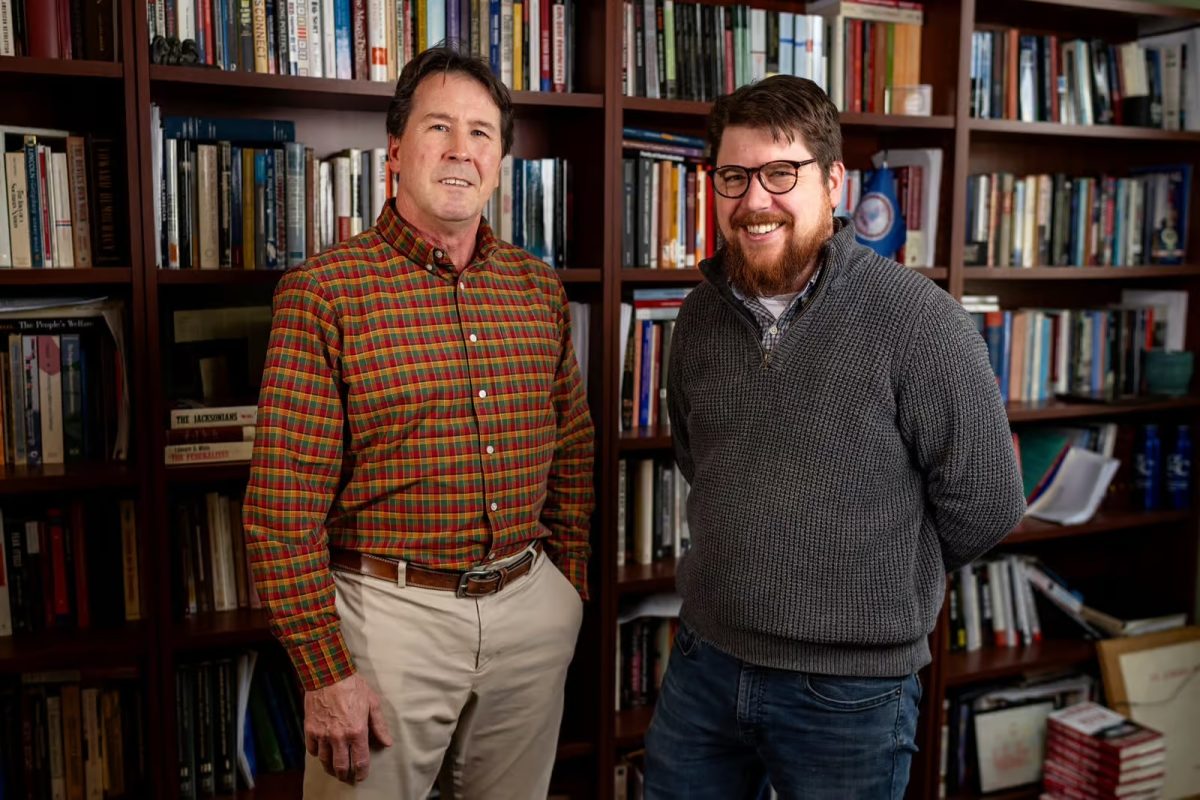Greek origin
February 16, 1998
Even though I haven’t lived in Ames for the past two years, I happen to read the online version of the ISU Daily. I would like to respond to a letter published in your Opinion section under the title “Homosexual offenders” by Karl von Uhl, published Thursday, Feb. 12.
In particular, I would like to comment on the translation of the greek phrase of St. Paul’s 1 Corinthians 6:9 “oute malakoi oute arsenokoitai.”
I’m Greek in origin, and even though I did my Ph.D. in astrophysics at ISU, I had enough classical studies to propose a grammatically appropriate (IMHO) translation:
Oute = neither, nor
Malakoi : noun (malakos) in plura = the ‘soft,’ the ‘effeminate,’ the ones who have female characteristics
Arsenokoitai = composite word, from “arsenikos” + “koitai”
Arsenikos = the male
Koitai : verb (koimai) in the third person of passive voice = lie-down, sleep
So “arsenokoitai” would refer to an individual who “sleeps (i.e. has sex) with males.”
In my opinion, the actual interpretation of these words in English is rather obvious, but it can be left to your readers.
If one checks the Web at: http://thechristian.org/BibleStudy/biblestudy.htm, one can find various translations of this verse in several languages.
Dr. Vassilios Charmandaris
Observatoire de Paris
Paris, France






